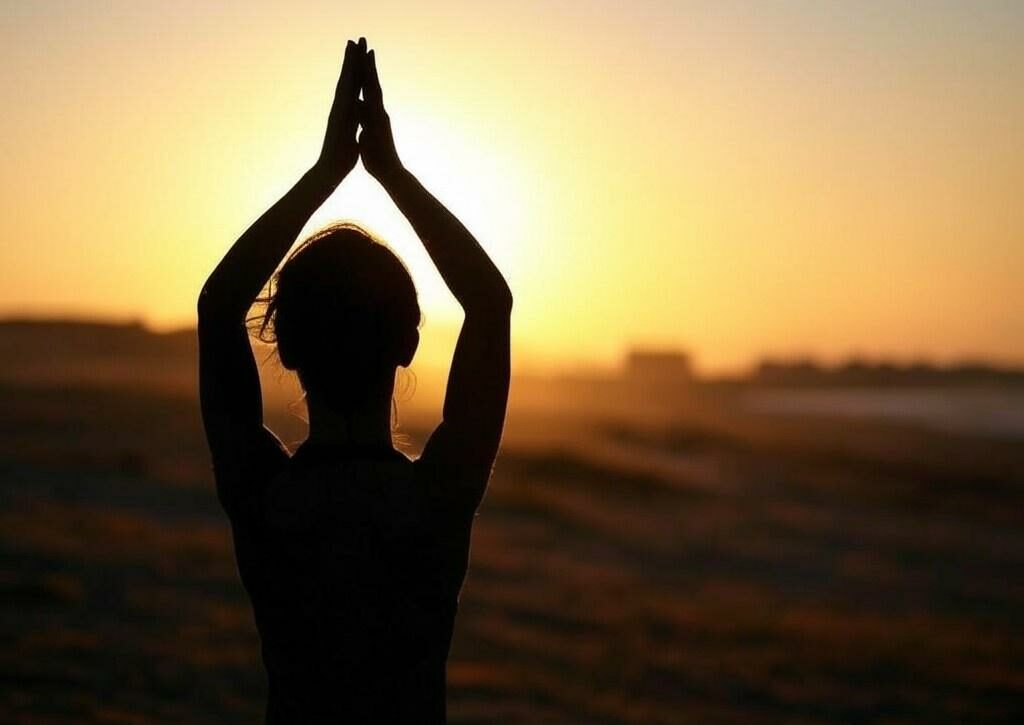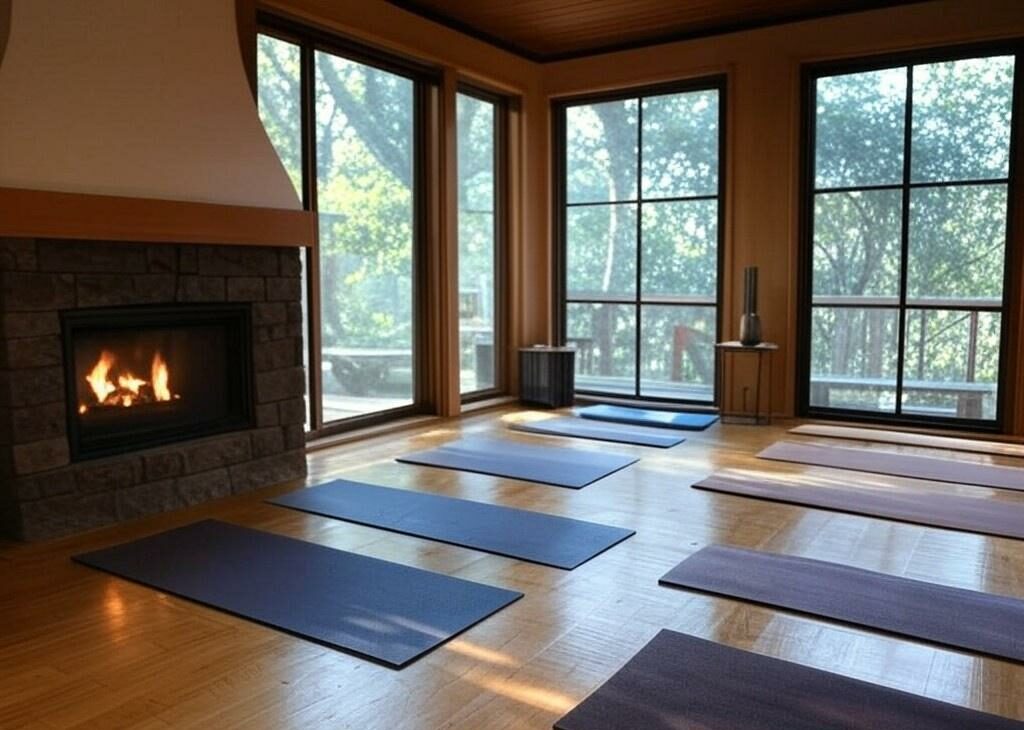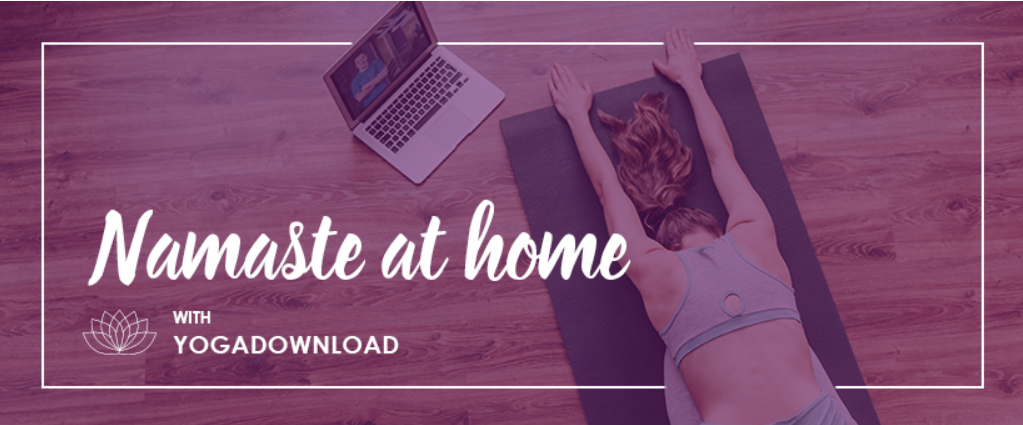
If you’re battling chronic low back pain, consider setting a 2025 New Year’s Resolution to incorporate Vinyasa and Flow yoga into your life.
Your journey to relief and wellness awaits!
6 Benefits of Vinyasa and Flow Yoga for Low Back Pain
1. Dynamic Movement
Vinyasa yoga, known for its flowing sequences, dynamically stretches and strengthens the back muscles, promoting better spinal health.
2. Enhanced Mobility
The fluid transitions in flow yoga help increase your range of motion, which is crucial for those with stiff or painful backs.
3. Core Engagement
Each movement in Vinyasa is linked with breath, naturally engaging your core, which supports and stabilizes the spine.
4. Stress Reduction
The meditative aspect of flow yoga can lower stress levels, reducing the emotional component of pain.
5. Improved Circulation
The continuous movement enhances blood flow to the back muscles, aiding in recovery and flexibility.
6. Mindful Practice
Teaching you to move with awareness, Vinyasa can help prevent further injury by encouraging proper alignment and posture.

Make a Vinyasa and Flow Yoga Practice Your New Year’s Resolution
Start Gently
Even if Vinyasa is dynamic, begin with beginner classes or slower-paced flows to ensure safety.
Focus on Poses
Incorporate poses like Downward Dog for lengthening the spine, Upward Facing Dog for back strengthening, and Warrior II for hip opening which indirectly benefits the lower back.
Go deeper with poses like exalted warrior and revolved half moon.
Consistency
A regular practice, even if it’s just a few times a week, can yield significant benefits over time.
Modify and Use Props
Blocks or straps can help maintain alignment and reduce strain, especially when learning.
Listen to Your Body
If a pose feels painful, modify or skip it; pain isn’t progress in your yoga journey.
Educational Approach
Seek out classes or online tutorials designed for back care or taught by instructors knowledgeable in therapeutic yoga.

Track Your Improvement Throughout the Year
Keep a Yoga Diary
Monitor how your back feels post-practice, noting improvements or areas needing more focus.
Remember which poses feel good and which ones cause you pain. A little strain isn’t always a bad thing when starting out, but if there is sharp pain, realign and try modifying the pose.
Set Practical Goals
Aim for consistency in your practice – the more you stick with a set schedule, the more likely it will become a habit which naturally becomes part of your daily or weekly routine.

Vinyasa and Flow yoga can be allies in the fight against chronic low back pain. The dynamic yet mindful nature of the practice makes them perfect for fostering both physical and mental health.
As 2025 begins, let this year be your pathway to a stronger, more flexible low back with vinyasa and flow yoga.
Here’s to another year of healing through movement!
Stick with it!
